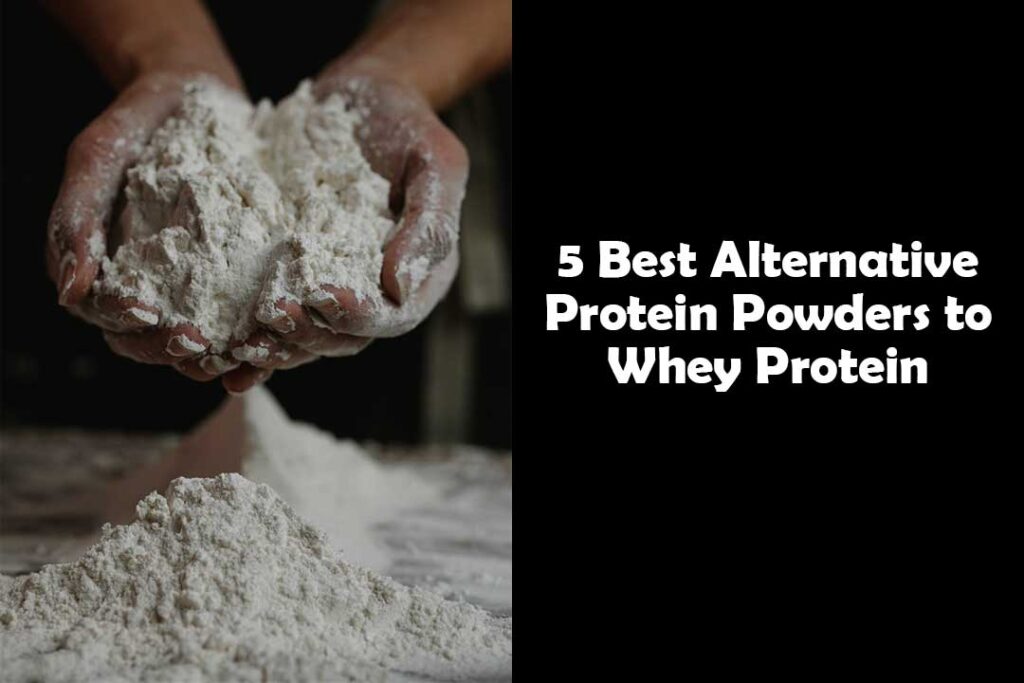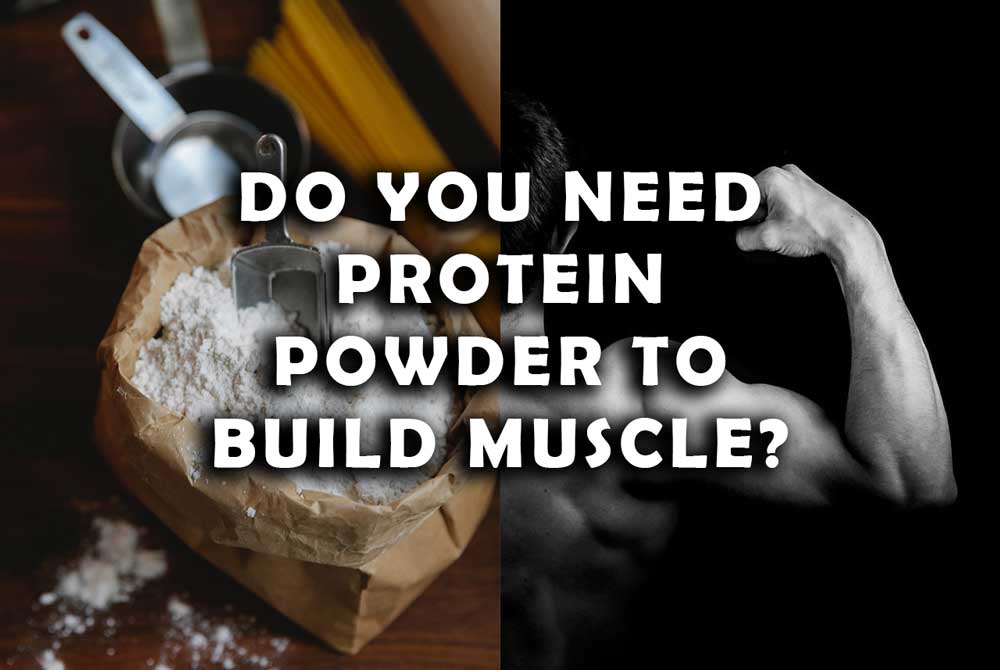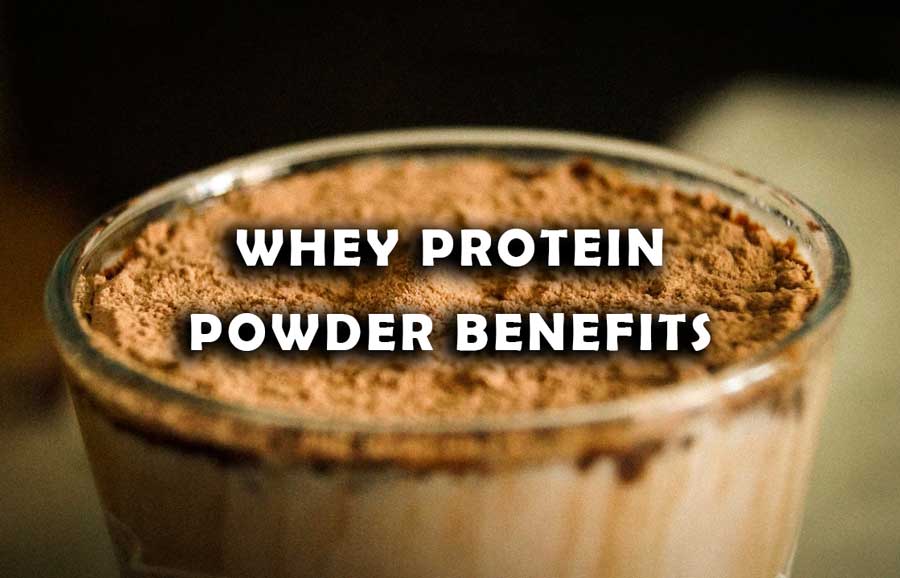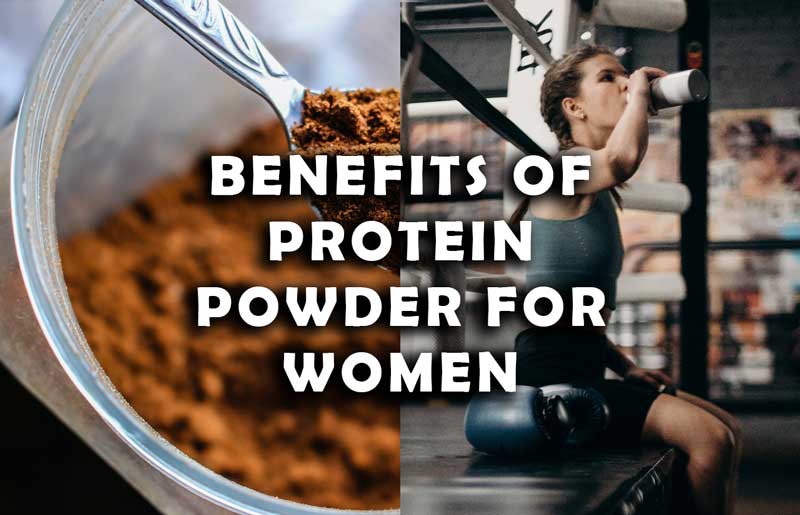If you are aware of protein powders, you must already have heard about whey protein. Protein powders have become quite a staple in many health enthusiasts, athletes’ diets, especially in gym goers. But still very few know that there are alternative protein powders to whey protein available in the market. Some of them are pea protein, egg protein, hemp protein, casein etc.
Why to consider alternative protein powders to whey protein?
Although, all protein powders provide great benefits, people usually have their own taste and personal preferences.
Also, not everyone is fond of the most common and easily available protein powder, i.e. whey protein. Some might have allergy to the ingredients present in whey protein. While some might not easily digest whey protein. Or some might be intolerance to dairy products. We all know whey is a by-product of milk. Whey protein has also been linked to acne in some individuals. Or some might want to switch to plant-based protein powders, for their unique benefits.
In that case, it is better to find the best alternative protein powders to whey protein.
Here are the 5 best alternative protein powders to whey protein-
Pea protein powder
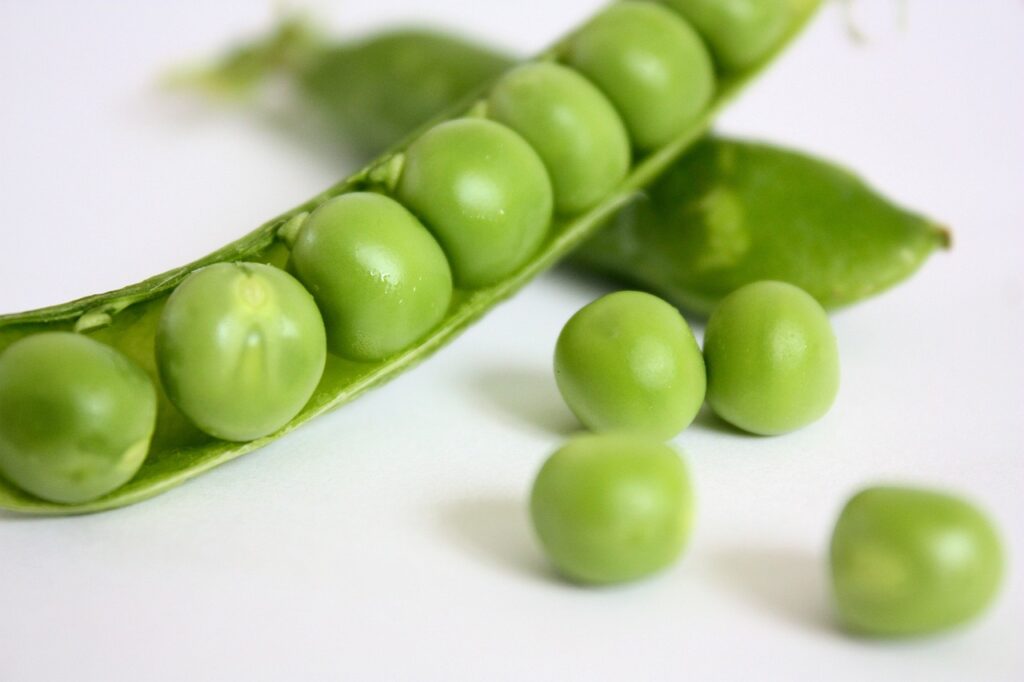
It is one of the most famous protein powders after whey protein and has gained much popularity in the recent years.
Pros:
1) Complete Protein: Pea protein powder is a complete protein. It contains all the nine essential amino acids, making it one of the best alternative protein powders to whey protein.
2) Plant-based protein: Pea protein powder is a plant-based protein. A very good option for vegetarians and vegans and people who are looking for plant-based protein.
3) Bioavailability: It also has a high bio-availability. Meaning, it is easily absorbed by our body and used. This makes it a good option for faster recovery and repair of muscles.
4) Low in allergens: Unlike egg and whey protein powders, pa protein powder is very low in allergens. Best for people with food sensitivities.
Cons:
1) Allergic to pea: Avoid if you are allergic to pea.
2) Flavor: Some people might not like the flavour of pea protein powder.
3) Low Availability: Pea protein powder is not easily available in markets yet. But can be easily be bought online.
4) Low in methionine: It is a complete protein but it is a little low in one amino acid called ‘methionine’.
Brown Rice Protein
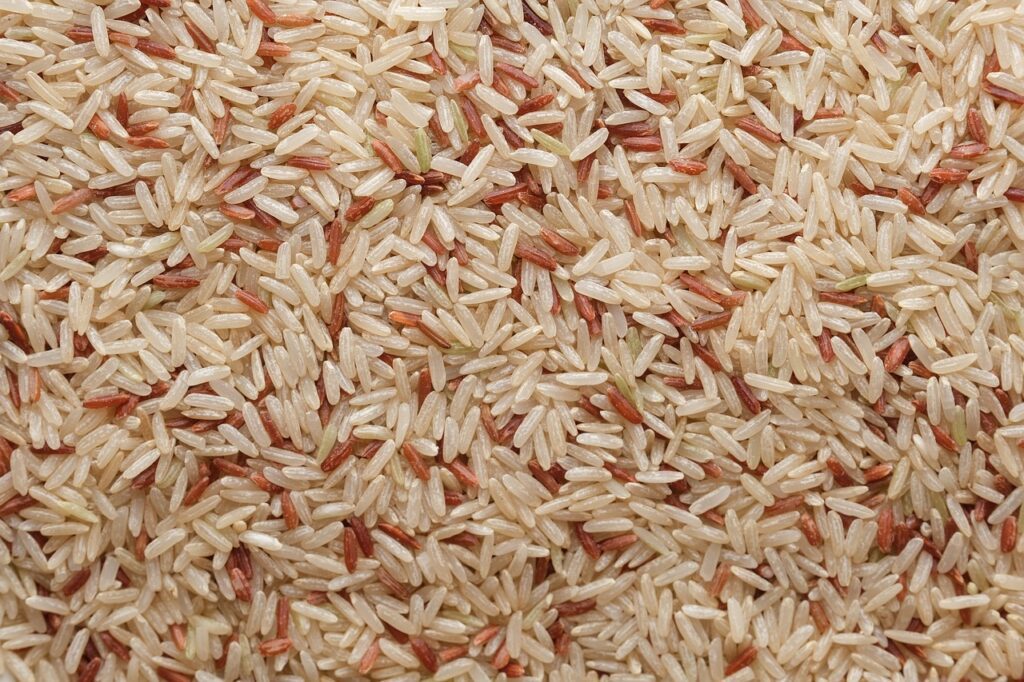
Brown rice protein is made from protein content present in brown rice.
Pros:
1) Plant-based: Brown rice protein is again a plant-based protein. It is also a very good option for vegans and vegetarians.
2) Hypoallergenic: Brown rice protein powder is again very low in allergens. Hypoallergenic means it is unlikely to cause any allergies.
3) Gluten Free: Brown rice protein powder is free from gluten content. This makes it best option for people with gluten intolerance.
4) Easily digestible: Brown rice protein powder, unlike whey protein, is easily digestible. Best for people who have hard time digesting dairy products.
Cons:
1) Low lysine: Although brown rice protein is a complete protein, it is very low in lysine.
2) Flavour: Some might not like the flavour of brown rice protein powder.
3) Very less availability: Although you can find it online but Is very difficult to get it in stores offline.
Egg Protein Powder
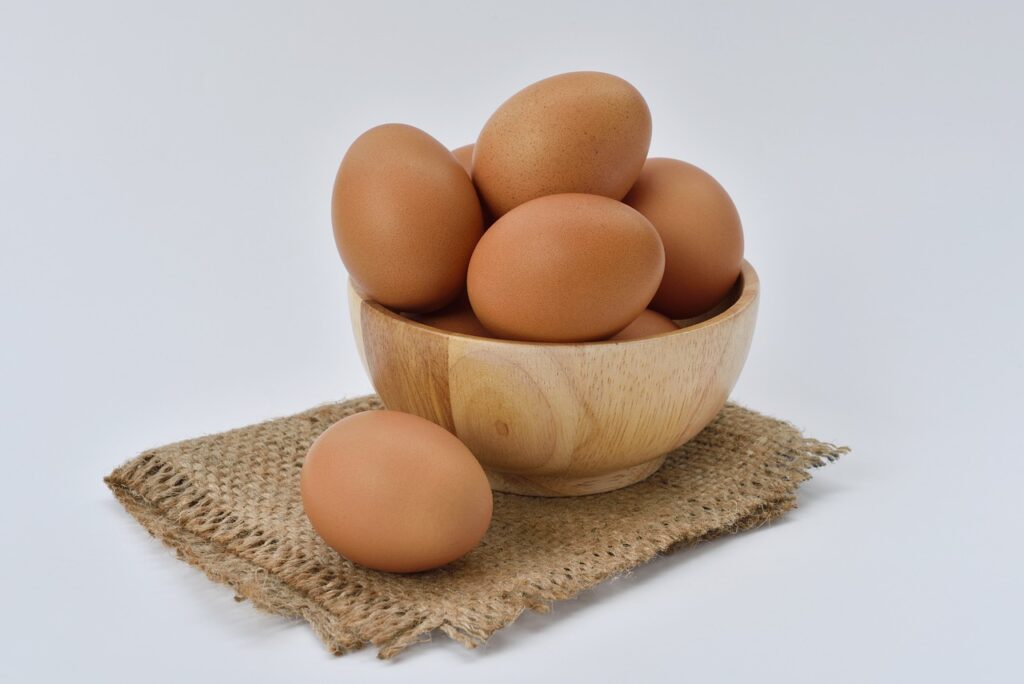
Egg white protein is again one of the best alternative protein powders to whey protein powder when it comes to high quality protein source.
Pros:
1) Complete protein: Egg white protein powder is also a complete protein, i.e. contains all the essential amino acids.
2) High Bioavailability: Egg white protein is high in bioavailability. That means, it is absorbed easily by the body and utilized immediately. Best for recovering and after workout drink.
3) Low fat and cholesterol: Egg white protein powder is very in fat and cholesterol.
4) Free of gluten and lactose – Egg white protein powder doesn’t have gluten or lactose in it. It is great alternative to those who are allergic to gluten or lactose intolerant.
Cons:
1) Smell and flavour: Egg white protein powder can taste and smell like eggs or can have bland taste.
2) Allergen: It is lactose and gluten free but is made up of eggs. Anyone with egg allergies should avoid it.
3) Low Availability: Egg white protein powder is not very common. Hence, is very difficult to get it in stores.
4) Non-vegan: Egg white protein powder production requires a lot of eggs. It can contribute to animal cruelty. This could be a concern for some people who have adopted vegan lifestyle.
Hemp Protein Powder
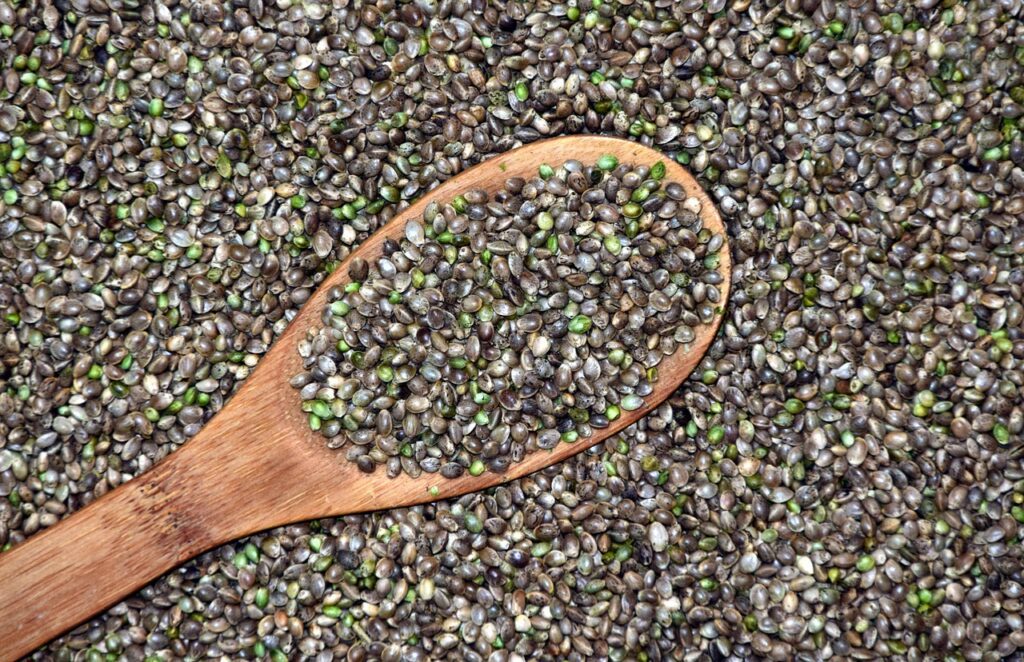
Hemp protein powder is a again one of a best alternative protein powder to whey protein powder. Although it is not very common it does have its unique benefits.
Pros:
1) Plant-based: Hemp protein powder is again a plant-based protein powder. It is produced from cannabis plant. Don’t worry it does not contain THC. Vegan or not, it is another good protein powder source you can switch to.
2) Contains Fiber: Hemp protein powder is also rich in fiber. Fiber can help support your digestive health. It can keep you feeling full and keep away cravings.
3) Complete protein: Hemp protein is also a complete protein. It has all the nine essential amino acids required by the body.
4) Contains Minerals and Antioxidants: One of the main advantages of Hemp protein powder is, it contains minerals and antioxidants along with goodness of protein. It is an added benefit.
5) Sustainable and eco-friendly: Production of hemp protein powder is a sustainable process. The plant it is made from is very sustainable, that can be grown in variety of climates. It required less water and pesticides, which makes it very eco-friendly.
Cons:
1) Flavor: Some people might not like the flavour of the hemp protein powder.
2) Very limited availability: It is not commonly available as whey or casein. It makes it difficult to find and purchase it.
Casein Protein Powder
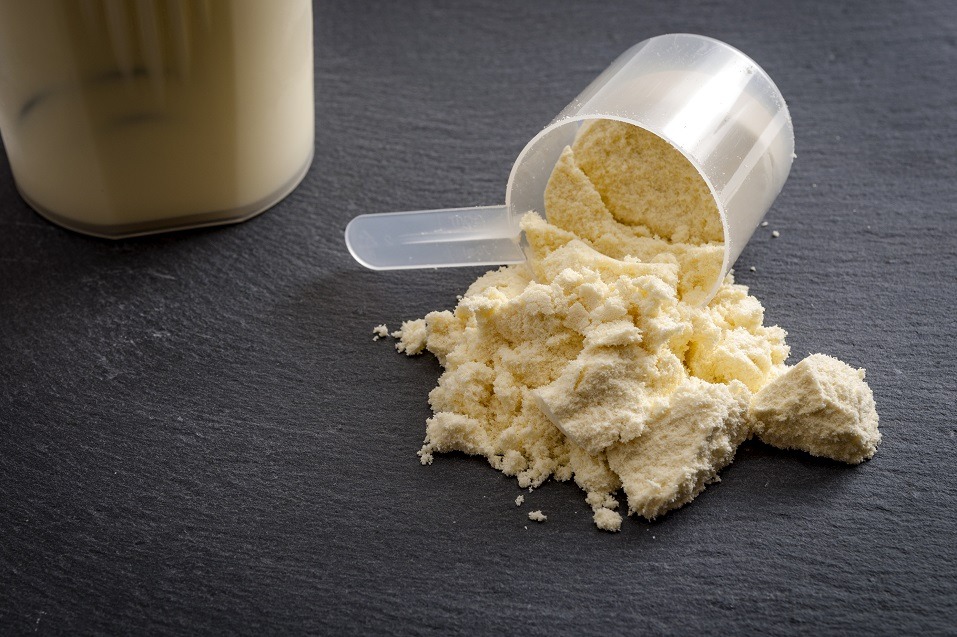
Casein protein powder is derived from milk, making it a dairy by-product.
Pros:
1) Slow Digesting Protein: Casein protein powder is slowly digested into the body. This provides a steady steam of amino acids over an extended period of time. Best to have it before going to bed, helping in recovery while sleeping.
2) Complete protein: It contains all the essential amino acids needed for muscle growth and repair.
3) Rich in calcium: It is also a good source of calcium, a micronutrient required by the body.
4) Glutamine rich: Casein protein powder also contain glutamine, an amino acid very good for immune functions.
Cons:
1) Lactose intolerance: Casein protein powder, as derived from milk, contain lactose in it. It is not suitable for those with lactose intolerance or milk allergies.
2) Bloating, Gas: Consuming casein protein powder can result in bloating, gar or even diarrhoea.
3) Slow digestion: Although it has its benefits of having slow digestion properties for some people, it can also have its drawback for others. Slow digestion means it will slowly digest into the body, releasing amino acids and energy over long period of time. It is not suitable for people who are looking for quick energy, quick effects.
Best Alternative Protein Powders to Whey Protein (In short)
There are many best alternative protein powders to whey protein in the market, that offer high quality protein. It all comes down to your personal preference, suitability to your body.
Whether you are allergic to some components of one protein powder or just don’t like the flavour of it, there are many alternative protein powders available.

